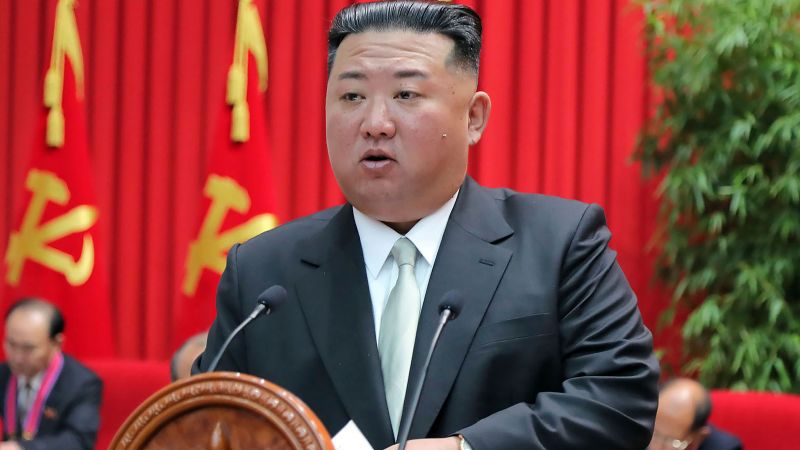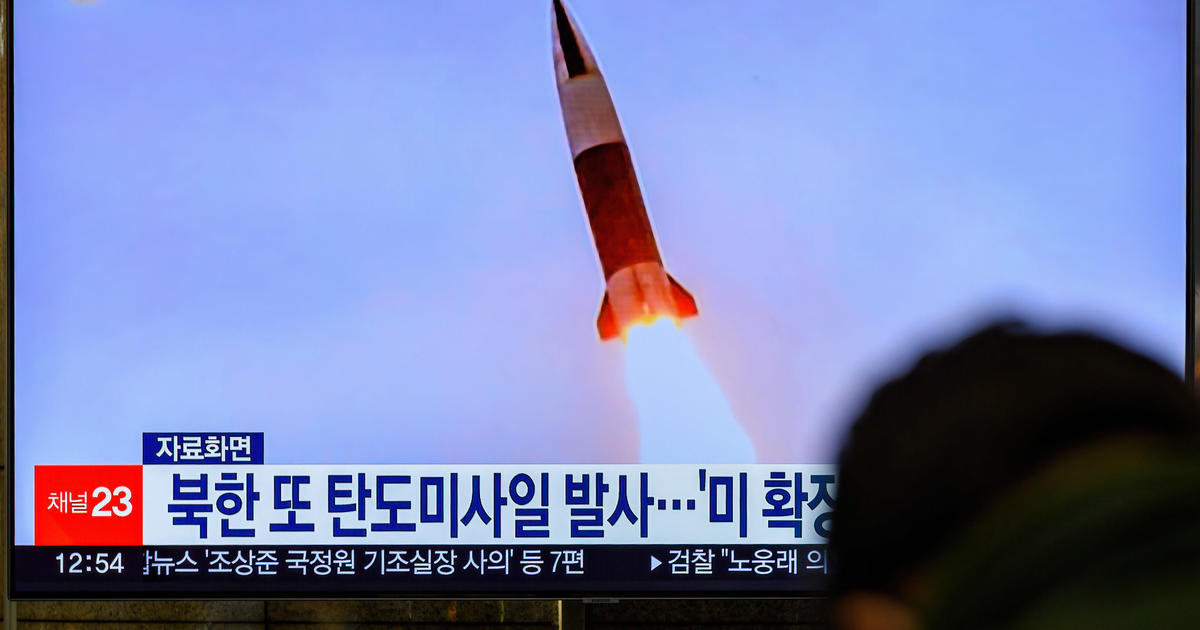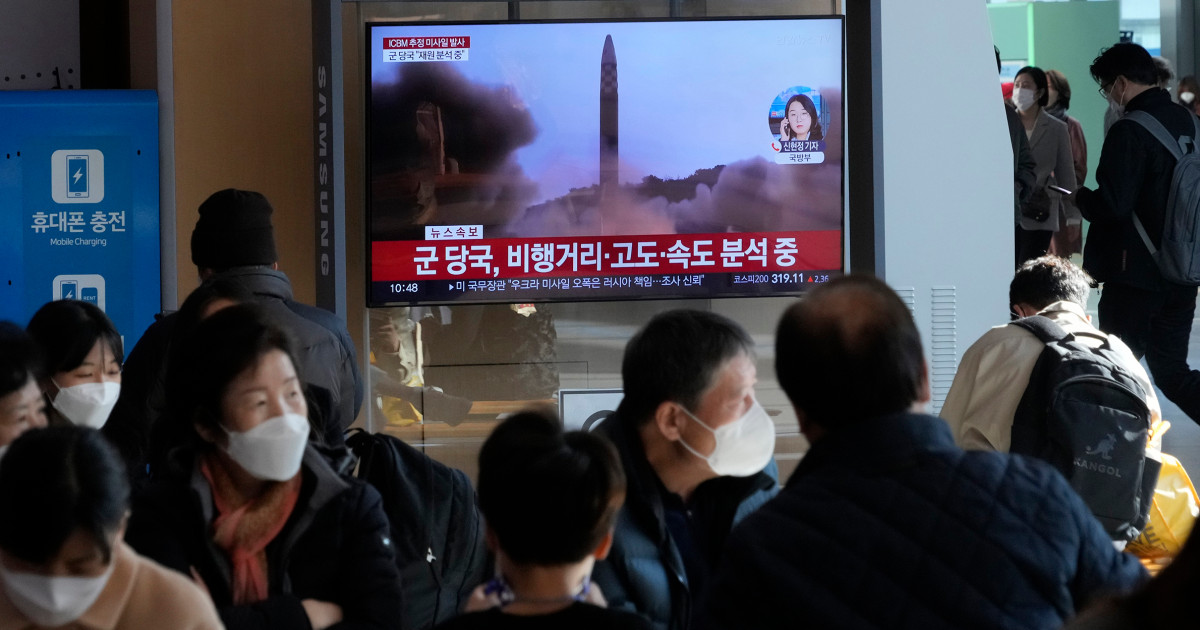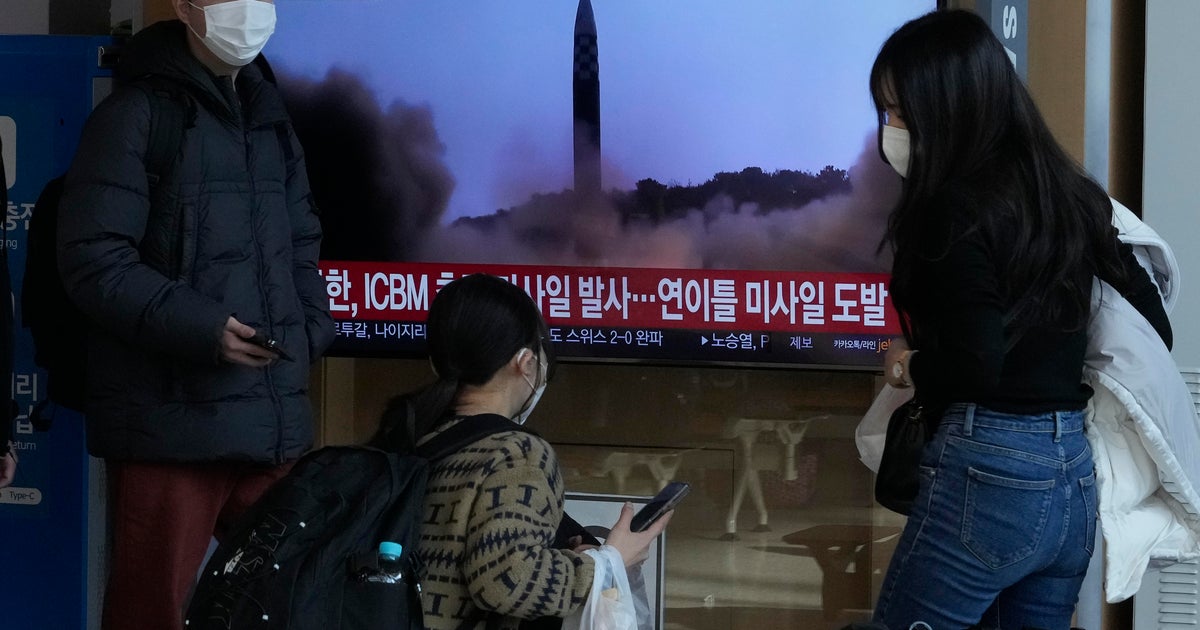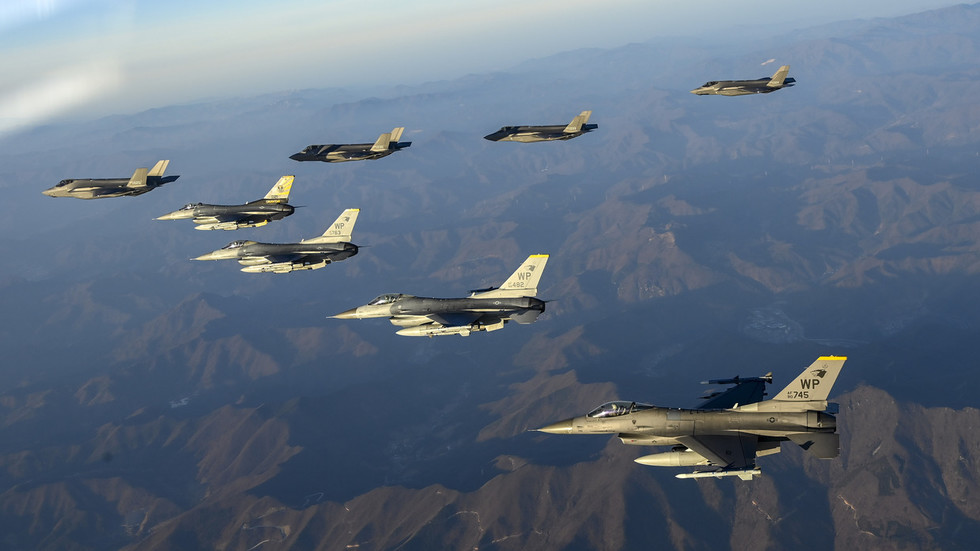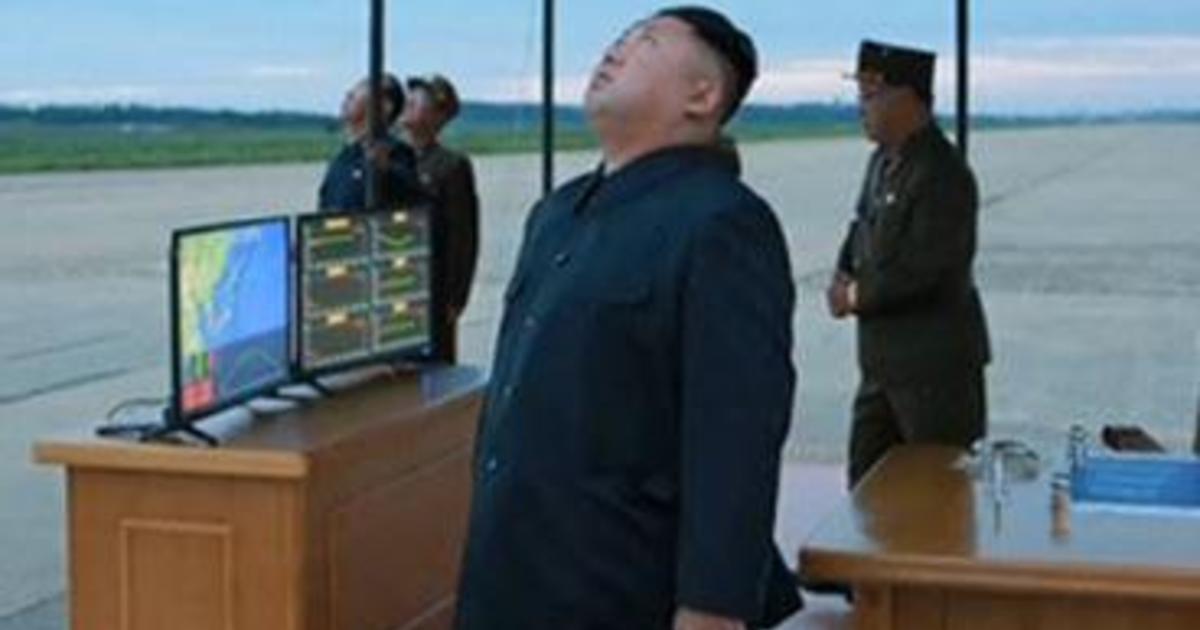Japan: N. Korea Launches Suspected ICBM Capable of Reaching US

The Spin
Establishment-critical narrative
When Washington was truly committed to de-escalating tensions with North Korea, Pyongyang responded positively, halting missile tests and demolishing several testing sites. This changed when the US began to increase its military presence in the Asia-Pacific, posing an existential threat to the DPRK. Carrying out provocative drills will only escalate tensions.
Pro-establishment narrative
Seoul and Washington have demonstrated goodwill toward Pyongyang in the hopes of creating an environment conducive to disarmament talks for four years. However, as North Korea has failed to make good on its promises — resuming its missile tests and further developing its nuclear program — a posture shift is necessary for the South and its allies to prepare for an attack from the North.
Metaculus Prediction
There's a 17% chance that North Korea and South Korea will be recognized as a single sovereign state by 2045, according to the Metaculus prediction community.

